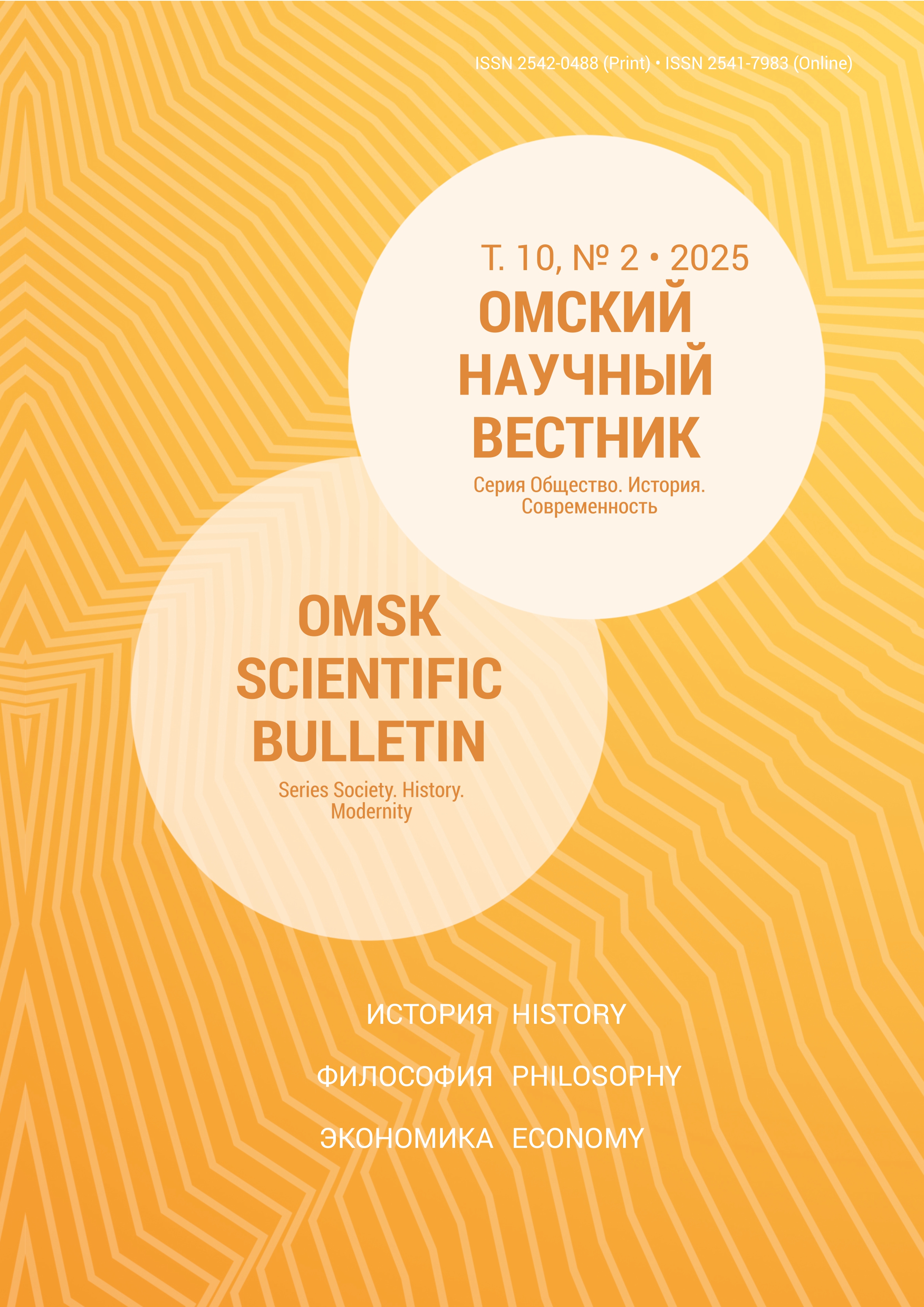Nietzsche’s readings on Spinoza: a contextualist study, particularly on the reception of Kuno Fischer
DOI:
https://doi.org/10.25206/2542-0488-2025-10-2-111-131Keywords:
Nietzsche, Spinoza, Kuno Fischer, teleology, eternal recurrence, amor fati, amor intellectualis dei, self-preservation.Abstract
Nietzsche’s relation to Spinoza is highly puzzling. It was based mainly on secondary sources. This article explores for the first time what impact Nietzsche’s reading about Spinoza – particularly of Kuno Fischer’s History of Modern Philosophy — had on his conceptions. First, I consider how Nietzsche found a brother-in-arms in Spinoza upon leaving teleology behind. Second, I examine Nietzsche’s concept of eternal recurrence in the context of Spinoza’s teaching as it was presented by Fischer. Third, I investigate the relation between Nietzsche’s amor fati and Spinoza’s amor intellectualis dei. Finally, I discuss how the Spinozist concept of self-preservation (as it was modeled and discussed in nineteenth-century Spinoza research) became in the horizon of evolutionary theory a critical point for Nietzsche. It turns out that the knowledge of Nietzsche’s sources is fundamental for an adequate understanding of the use Nietzsche made of Spinoza’s philosophy. The article thus tries to find a new approach to Nietzsche’s Spinoza with the help of the contemporary sources he used.
Downloads
Published
How to Cite
License
Non-exclusive rights to the article are transferred to the journal in full accordance with the Creative Commons License BY-NC-SA 4.0 «Attribution-NonCommercial-ShareAlike 4.0 Worldwide License (CC BY-NC-SA 4.0»)




